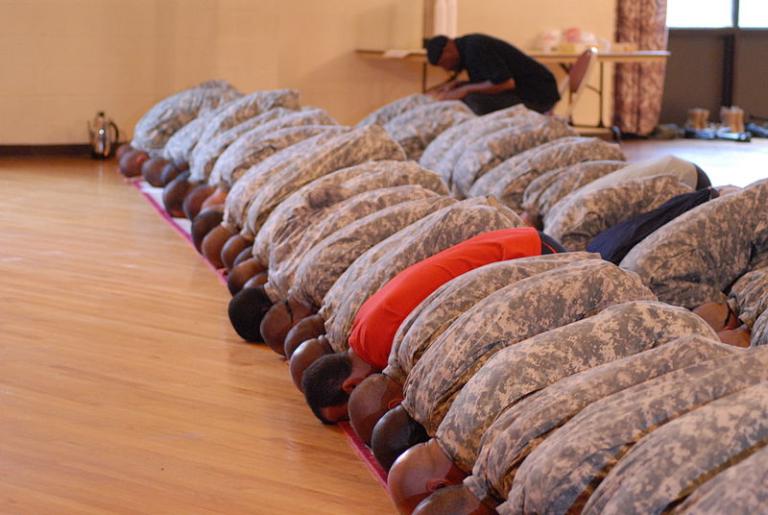
Here are five more passages that I’ve extracted from John L. Esposito and Dalia Mogahed, Who Speaks for Islam? What a Billion Muslims Really Think (New York: Gallup Press, 2007), which I believe to be a quite important book:
[L]ike other religious and ethnic groups, Europe’s Muslims are not homogenous. . . . [M]any do not even practice their religion. They are at best cultural Muslims. Indeed, most of those who rioted and torched France’s banlieues (suburbs) in 2005 were not mosquegoers. (140)
[A]ccording to media reports, many of the 9/11 hijackers themselves exhibited behaviors hardly practiced by a religious Muslim. A number of them drank heavily and frequented strip clubs and porn shops. (69)
There is also wide diversity among Muslim nations — politically, economically, culturally, and religiously. As discussed earlier, oil-rich and rapidly developing Gulf states such as Qatar, the United Arab Emirates, and Saudi Arabia hardly resemble poor, struggling, underdeveloped countries such as Mali and Yemen. Islamic republics such as Iran contrast sharply with the more secular-oriented governments of Egypt and Syria. Arab and Muslim nations have a history of rivalry and conflict: Saddam’s Iraq versus Iran, Iraq versus the Gulf states, and Egypt versus Sudan. We also forget the vast cultural differences among Muslims: Less than a quarter are Arab; the majority of Muslims are Asian or African. Finally, significant religious differences exist between Sunni and Shia Muslims who, despite their common Islamic faith, have critical theological and political differences and religious orientations that range from ultra-orthodox to liberal reformers. (153-154)
In contrast to the 32% of Americans who say that they see nothing to admire about Muslims, the percentage of Muslims who say that they admire nothing about the West is significantly lower (6.3% in Jordan, 10% in Saudi Arabia, and 1% in Egypt). (141)
Interestingly, the more Americans report knowing about Muslim countries, the more likely they are to hold positive views of those countries. This same trend is found as it relates to knowing a Muslim: Those Americans who know at least one Muslim are more likely to hold positive views of Muslims and Islam. (155)
***
Two interesting and relevant links:
“Muslims Are Having A Hollywood Moment”












